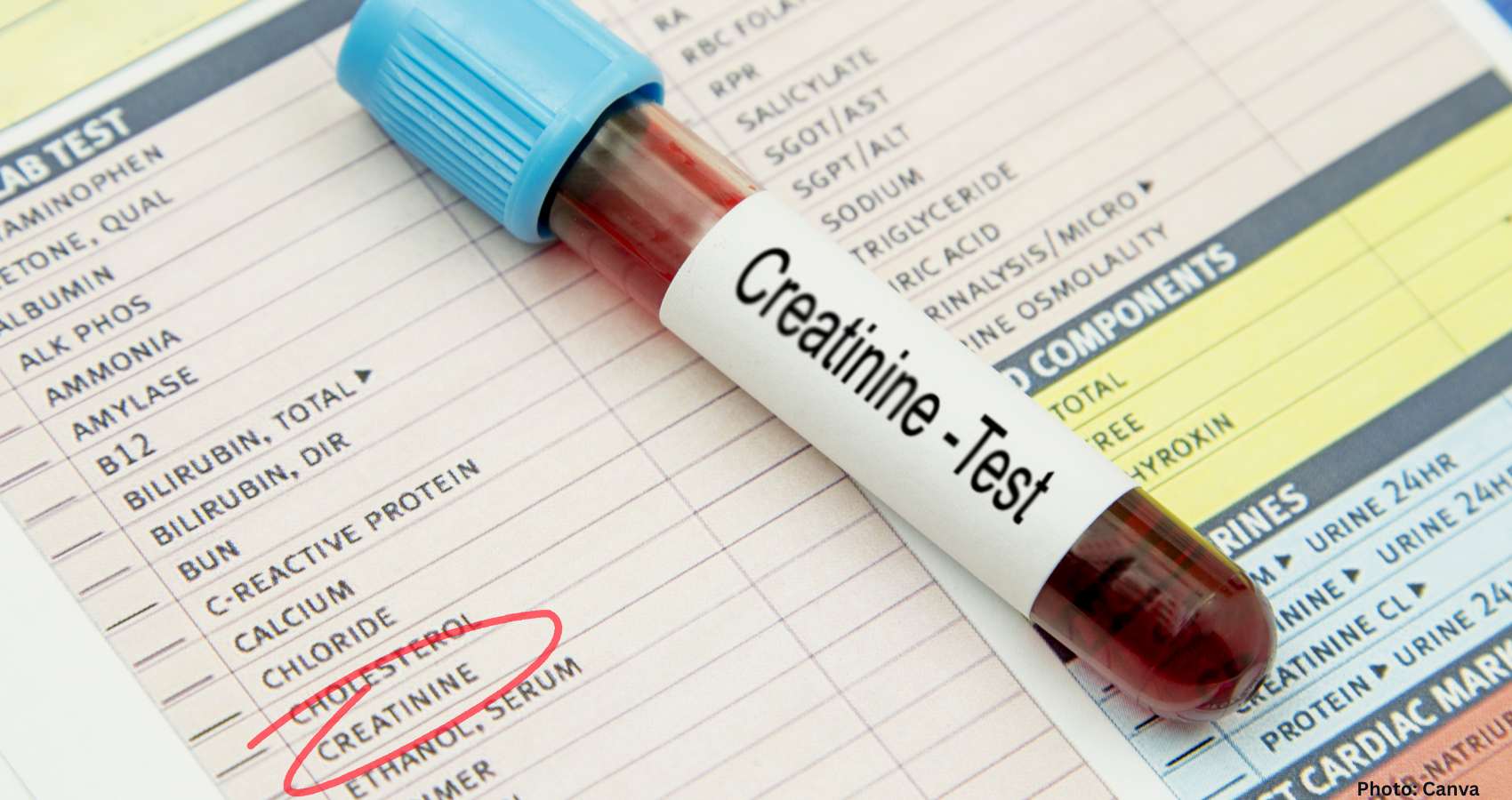Creatine, often linked to muscle building, is gaining recognition for its potential cognitive and heart health benefits, according to registered dietitian nutritionist Sam McKinney.
Creatine is widely recognized for its role in enhancing athletic performance and muscle growth. However, recent discussions have highlighted its broader applications, including cognitive and heart health benefits. This shift in perception is supported by insights from registered dietitian nutritionist Sam McKinney of Life Time Fitness in Minneapolis.
Traditionally associated with gym-goers, creatine is available in powder or capsule form. Celebrities like singer Ciara and actor Mark Wahlberg have embraced the supplement, citing its benefits beyond muscle enhancement. Ciara recently shared with Business Insider that she uses creatine to maintain energy levels throughout the day. Wahlberg has even launched his own creatine monohydrate product, further popularizing its use.
Creatine is a natural compound primarily stored in muscles, with smaller amounts found in the brain, liver, and kidneys. McKinney explains that the body requires adenosine triphosphate (ATP) for energy, especially during high-intensity exercise. Creatine aids this process by donating a phosphate group, which helps produce additional ATP. This function is crucial for increasing power output and force during workouts, ultimately impacting muscle growth and athletic performance.
Recently, creatine has garnered attention for its potential cognitive benefits. McKinney notes that women typically have 70% to 80% lower creatine stores than men, making supplementation particularly beneficial during hormonal changes such as menstrual cycles, pregnancy, postpartum, and menopause. While research on creatine’s effects on cognitive health has yielded mixed results, some studies indicate promising outcomes. For instance, a small study found that individuals with depression experienced improvements when taking 3 to 5 grams of daily creatine, although those with bipolar disorder reported worsening symptoms.
Another study suggested that creatine could support recovery from traumatic brain injuries, showing improvements in symptoms such as amnesia, headaches, and fatigue. McKinney emphasizes that cognitive health benefits may be more pronounced in individuals at risk for lower phosphocreatine stores, including vegetarians, vegans, and the elderly.
Stanford neuroscientist Andrew Huberman has referred to creatine as the “Michael Jordan” of supplements, highlighting its potential as a fuel source for the brain. He suggests that creatine may connect with areas involved in mood regulation and motivation, further underscoring its cognitive benefits.
In addition to its cognitive advantages, creatine may also support heart health. McKinney explains that the heart, like other muscles, requires ATP for energy. Creatine plays a significant role in the heart’s contraction and energy supply, which is essential during periods of increased workload, such as exercise. Research indicates that creatine supplementation can improve outcomes following heart bypass surgery and enhance oxygen balance in the heart.
Combining creatine with nutrients like vitamin B12 may further promote overall energy and heart function. McKinney notes that since creatine aids muscle building, it can also contribute to increased lifespan, as muscle mass tends to decrease with age. “Using creatine can help mitigate these losses and help us to stay strong, mobile, and independent,” she explains. The positive impacts of creatine are most significant when combined with a resistance training routine.
Specific benefits of creatine include improved grip strength and lower body endurance, both of which are indicators of mobility and health in older adults. McKinney references a study suggesting that creatine may help maintain bone strength when paired with a strength training program. The benefits may stem from creatine’s ability to enhance workout effectiveness or from increased muscle mass, which adds tension to the bone and supports its strength.
Daily creatine doses typically range from 2 to 10 grams, with most individuals experiencing benefits from a daily intake of 5 grams. McKinney recommends creatine monohydrate, the most common and well-researched form, as the best option for supplementation.
Despite common misconceptions, McKinney assures that creatine is one of the safest and most effective supplements available for most individuals. It is important to clarify that creatine is not a steroid and does not negatively impact kidney function in healthy people. However, those with preexisting kidney issues should exercise caution when considering supplementation.
The Mayo Clinic states that when taken orally at appropriate doses, creatine is likely safe for use up to five years. As with any dietary supplement, it is crucial to select a product that adheres to recommended manufacturing practices and undergoes third-party testing to ensure quality. Before starting creatine supplementation, experts recommend consulting with a healthcare provider to determine the appropriate individualized approach.
Source: Original article

